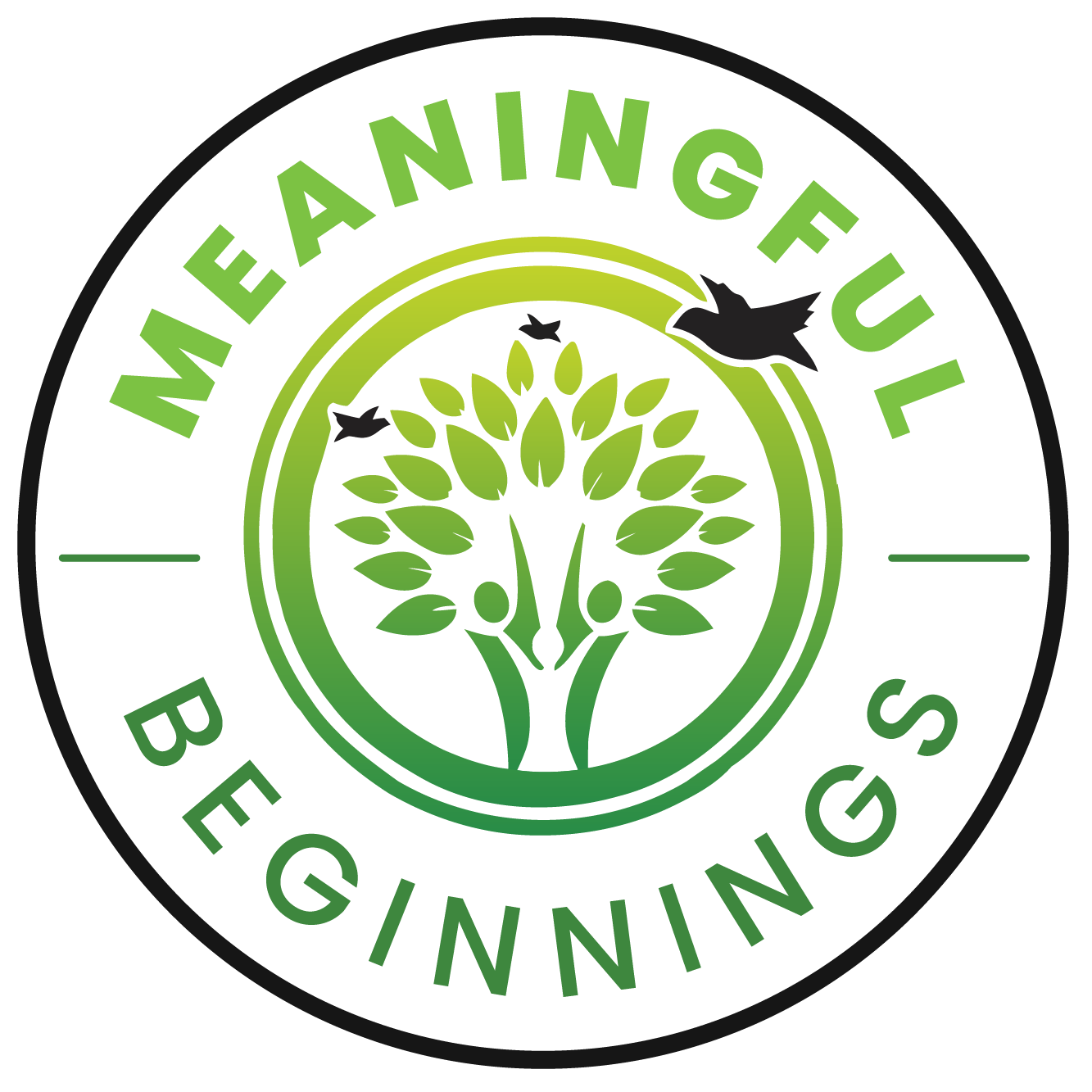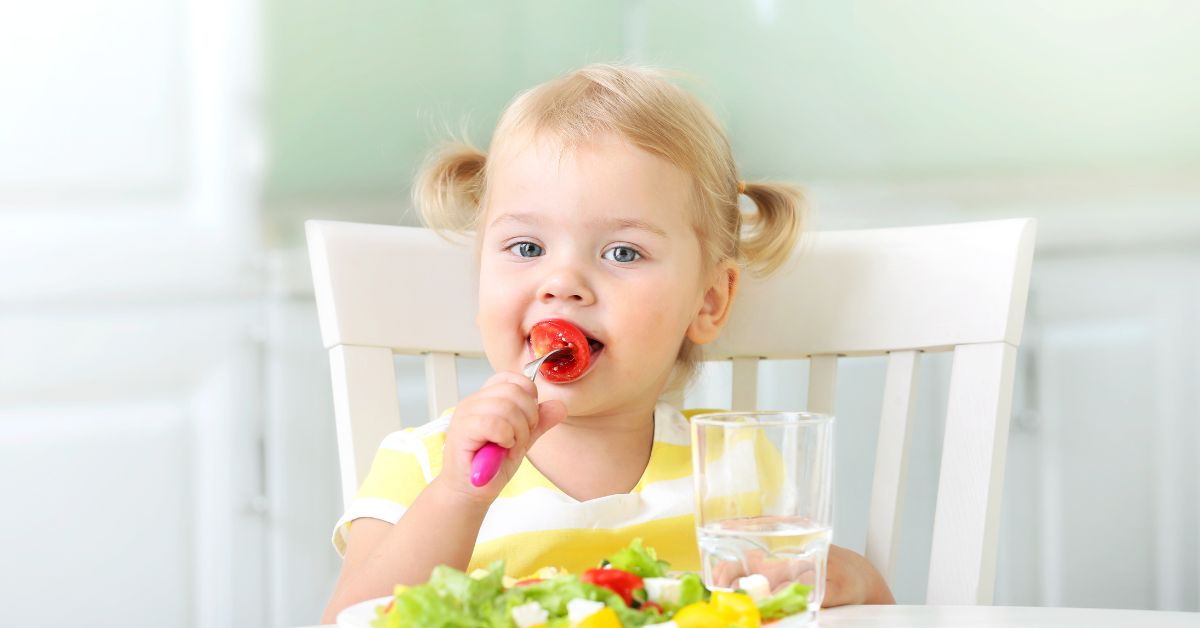Protein is essential for child development and growth. The need for protein varies with age, weight, gender, and level of physical activity. A one-year-old toddler needs 13 grams of protein daily, compared to a pre-schooler.
So, as a parent or caregiver, you should ensure your kid gets enough protein. Food sources are the safest for kids to intake protein. Today, let us find out how much protein your kids need based on their age and other criteria.
Protein Needs Of Kids
Protein builds the organs and muscles and generates new cells, hair, and nails. Also, it produces essential hormones, enzymes, and antibodies for the body to fight illness.
This is why you should be careful about your kid’s protein intake from an early age. The calculation is made with body weight and the need for protein per weight.
- Babies or infants under six months old can get protein from breast milk or formula.
- Babies between 7 months to 1 year old need 11 grams of protein.
- Toddlers aged 1-3 years should consume 0.5 grams of protein per pound of his/her body weight per day. So, for a 25-pound toddler, that’s a minimum of 13 grams of protein daily.
- Children aged 4-8 years require less, around 0.5 grams of protein per pound. For instance, a 5-year-old weighing 52 pounds would need at least 26 grams of protein daily. The range is generally 19-25 grams.
- Kids aged 9-14 years have slightly lower protein needs. They need about 0.45 grams per pound. A 13-year-old weighing 100 pounds should aim for at least 45 grams of protein daily.
| Age | Protein Intake |
| Toddlers (1 To 3 Years) | 13 Grams (0.5 Grams Per Pound Of Body Weight) |
| Children (4 To 8 Years) | 19 Grams |
| Children (9 To 14 Years) | 34 Grams |
| Teens (14 To 18 Years) | 52 Grams (Male), 46 Grams (Female) |
What Is The Best Protein For Kids?
Proteins are a must for your kid’s proper development of both body and brain. You need to know about many foods that contain protein.
Some of the best protein sources for your kids can be,
Lean Meats: Chicken, lean beef, and turkey are rich sources of high-quality protein. They also supply vital nutrients such as iron, zinc, and B vitamins.
Fish: Fish such as salmon, mackerel, trout, and tuna are not only rich in protein but also provide omega-3 fatty acids. These acids are important for brain development.
Eggs: Eggs are a nutritious protein source and versatile. They have all nine necessary amino acids, along with vitamins and minerals. Also, eggs are convenient to include in toddlers’ daily meals.
Dairy Products: Milk, yogurt, cheese, and other products are excellent sources of protein and calcium. All these are essential for your baby’s strong bones and teeth.
Legumes: Beans, lentils, chickpeas, and peas are plant-based sources of protein. They are also high in fiber, vitamins, and minerals.
Nuts and Seeds: Almonds, peanuts, walnuts, pumpkin seeds, and sunflower seeds are healthy snacks rich in protein, healthy fats, and essential nutrients.
Are Protein Shakes Ok For Kids?
If your kid is a picky eater, athletic, or has a food intolerance, protein shakes are suitable for ensuring enough protein intake. Protein shakes are safe for kids.
But if the shake has extra sugars, artificial flavors, preservatives, or other unhealthy ingredients, it is not safe. So, it is best to make homemade protein shakes for your kid. Or choose protein shakes formulated explicitly for children.
But ensure protein shakes are not used as a substitute for whole foods. Your toddler should get protein from a balanced diet. But how often and who needs protein shakes more?
Protein shakes may be more appropriate for children who have increased protein needs. This can be due to more physical activity, growth spurts, or certain medical conditions. However, it is better to consult with a pediatrician.
Is Extra Protein Dangerous For Your Child
Extra protein is usually not dangerous for children if it comes from natural food sources. If you are giving your kid a balanced diet, you do not need to worry much.
But the problem can be when your kid intakes excessive protein from supplements or food.
This is why we suggest parents consult with a pediatrician or registered dietitian. They can better asses your child’s condition and health, then suggest you the right amount of protein.
Some common diseases can affect your child because of excessive protein intake.
Consuming too much protein, especially for children with pre-existing kidney conditions, can put a strain on the kidneys. This is because kidneys filter waste products generated during protein metabolism. Also, high-protein diets may increase water loss through urine. You kid can get dehydrated this time.
Also, protein-rich foods often contain calories. So, not balancing caloric intake can make the child gain unwanted weight.
How Protein Fuels Child Development
Protein is crucial in fueling child development and growth in several ways.
- Children go through different phases of growth and development. Protein is important for supporting muscle development and providing necessary nutrients for growth and repair. Strong bones and muscles are also dependent on overall fitness and strength.
- Protein is essential for building new tissues, including muscles, bones, skin, organs, and hormones, during childhood, when growth is rapid.
- Protein is necessary for the immune system to work thoroughly, helping the body to protect itself from disease and infection.
- For infants, when the brain is still developing, proteins produce neurotransmitters. These are crucial for cognitive function, learning, and memory.
- Proteins serve as enzymes and hormones in the body. This boosts metabolism rate and good digestion.
Which One Is Better, Protein Source?
Two types of protein, complete and incomplete, are important for kids. Animal-based proteins are known as complete proteins as they contain essential amino acids. Incomplete protein is plant-based. For your kid, you need to balance both types of protein into their meal. This will ensure they meet their nutritional needs properly.
Animal Source Protein
Animal-source protein includes meat, poultry, fish, eggs, and dairy products. This type of protein contains the full spectrum of amino acids needed for various bodily functions. Also, these foods have higher biological value, allowing the body to absorb food easily.
Besides, animal-based protein is a rich source of important nutrients such as vitamin B12, omega-3 fatty acids, calcium, iron, and zinc. All are important for brain function, red blood cell production, and immune function.
Plant-Based Protein
Beans, lentils, nuts, seeds, tofu, tempeh, and whole grains are plant-based proteins. These foods are often rich in fiber, vitamins, minerals, and antioxidants. They also have a lower saturated fat and cholesterol content.
Overall, it helps improve cholesterol levels and reduce the risk of chronic diseases.
Conclusion
Protein is one of the important nutrients that helps children to grow properly. Protein handles many bodily functions. And the best way you can give your kid protein is through food. But there should be the right amount of protein intake. This depends on kids’ age, weight, physical activity, etc. So, it is better you first find out the requirements and then ensure the right amount of protein.







